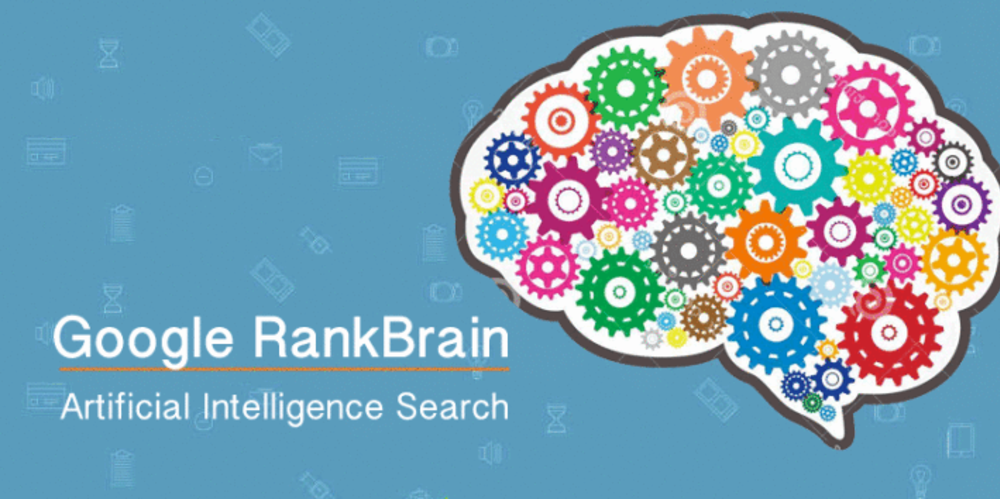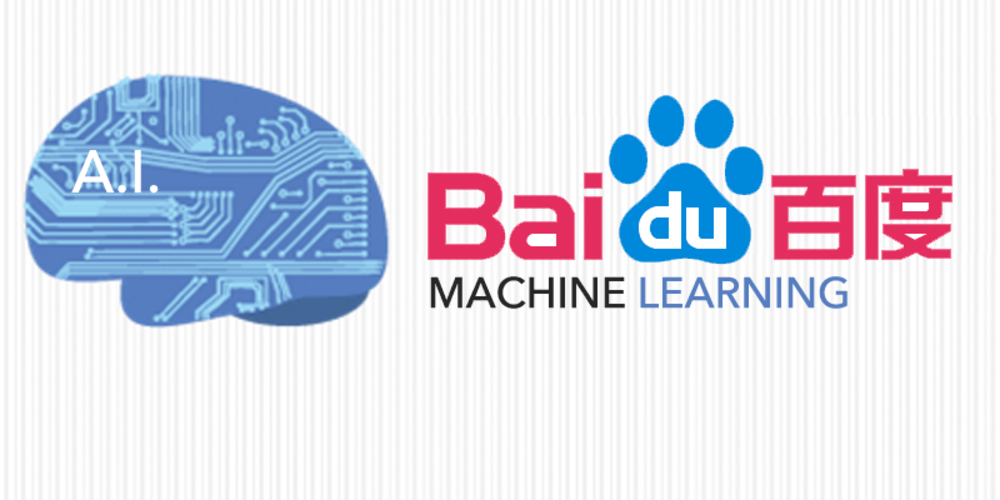Navigating the World of Built-In Artificial Intelligence: A Comprehensive Guide
Feb-14-2024

In the swiftly changing digital environment of today, artificial intelligence (AI) stands as a pivotal force of progress, propelling developments across multiple industries including healthcare, finance, and notably, the sphere of internet search. Leading technology giants have been at the forefront of integrating AI into their search engines, each offering their unique versions of built-in artificial intelligence designed to enhance user experience and provide more accurate, relevant search results. This article delves into the world of built-in AI, analyzing the versions offered by world leaders in internet search, and discussing their advantages and disadvantages. By considering each version from all angles, we aim to provide a comprehensive understanding of how built-in AI is shaping the future of internet search.
Introduction to Built-in Artificial Intelligence
Artificial intelligence, once a concept confined to science fiction, has become an integral part of our daily lives. AI fundamentally revolves around the emulation of human cognitive functions by machines, particularly through computing systems. This encompasses learning (gathering data and understanding how to apply it), reasoning (employing the rules to formulate either broad or precise conclusions), and the ability to self-improve. Particularly in the context of internet search, AI has been harnessed to create more intuitive, responsive, and personalized search experiences.
Google's RankBrain: The Pioneer of AI in Search

Google, the giant in online search, launched RankBrain, an algorithm based on machine learning aimed at delivering more accurate search results. It achieves this by understanding the purpose behind the queries of users. RankBrain is adept at handling never-before-seen search queries, which constitute approximately 15% of all searches daily. It does so by converting language into mathematical entities, known as vectors, that the computer can understand. When RankBrain encounters a word or phrase it doesn't recognize, it can deduce which words or phrases might have a similar meaning and then modifies the search results accordingly. This makes it particularly adept at handling ambiguous search queries.
Advantages of RankBrain
- Improved Search Accuracy: By understanding the context of queries, RankBrain offers more accurate and relevant search results.
- Handling New Queries: Its ability to interpret new search terms effectively enhances user experience for first-time queries.
Disadvantages of RankBrain
- Over-Reliance on Machine Learning: The shift towards AI can sometimes lead to the oversight of traditional, yet effective SEO practices.
- Lack of Transparency: Google provides limited information on how RankBrain interprets and ranks content, making it challenging for SEO professionals to optimize websites.
Bing's AI Features: Personalization at Its Core

Microsoft's Bing has also made significant strides in integrating AI into its search engine. Bing uses AI to enhance search results personalization, aiming to provide more tailored content that aligns with individual user preferences and search history. It leverages natural language processing to better understand the intent behind queries, offering a more conversational and intuitive search experience.
Advantages of Bing's AI
- Enhanced Personalization: By factoring in user history and preferences, Bing delivers more customized search results.
- Conversational Search: Its emphasis on natural language processing allows for a more natural, conversational interaction with the search engine.
Disadvantages of Bing's AI
- Privacy Concerns: The level of personalization raises concerns regarding user privacy and data protection.
- Potential Bias: Personalized search results can sometimes lead to a filter bubble, limiting exposure to diverse perspectives and information.
Baidu's Deep Learning: A Leap Forward for Chinese Search

Baidu, the leading search engine in China, has invested heavily in deep learning technology to enhance its search capabilities. The system, known as ERNIE (Enhanced Representation through kNowledge Integration), is engineered to grasp the context of inquiries more effectively and offer more precise search outcomes. ERNIE excels in natural language processing and understanding, setting a new standard for AI in Chinese-language internet search.
Advantages of Baidu's ERNIE
- Superior Language Understanding: ERNIE's deep learning capabilities allow it to excel in understanding and processing Chinese language queries.
- Contextual Relevance: It provides highly relevant search results by effectively interpreting the context of queries.
Disadvantages of Baidu's ERNIE
- Language Limitation: While ERNIE is revolutionary for Chinese search, its benefits are primarily limited to Chinese-language users.
- Complexity and Resources: The sophisticated deep learning models require significant computational resources, potentially limiting scalability.
The Future of Built-In AI in Internet Search
As we delve into the intricacies of built-in artificial intelligence within internet search, it's clear that AI is not merely a futuristic concept but a present-day reality shaping how we interact with information online. Google's RankBrain, Bing's personalized search features, and Baidu's ERNIE each offer unique advantages, from improved search accuracy and personalization to superior language understanding. However, these advancements also come with their set of challenges, including privacy concerns, potential bias, and the complexity of AI technologies.
The ongoing development and refinement of built-in AI in internet search engines promise to further revolutionize our digital experiences, making information retrieval more intuitive, efficient, and tailored to our individual needs. As technology progresses, it will be crucial to address the disadvantages and ethical considerations of AI to fully harness its potential for the benefit of users worldwide. In the pursuit of a future shaped by artificial intelligence, the potential outcomes are limited only by the scope of our shared creativity.







